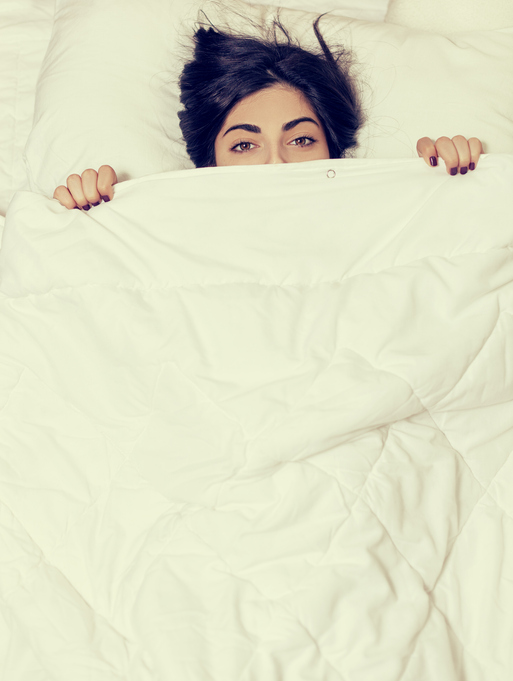Researchers suggest that a teenager needs 8 to 10 hours of sleep every day. This is more than that of kids and adults. However, ironically, teens are the ones taking sleep for granted and not having enough of it.
Majority of the teenagers do not get enough sleep. This is usually because of two reasons, either their schedules are overloaded or they spend too much of time on the internet, sometimes until dawn. Whatever the reason may be, missed sleep can result into sleep deficit, which in turn would lead to difficulty in concentration, studying or other physical activities too. Sleep deficit might also lead to depression.
So what to do to ensure that you are getting a good night sleep? Here a few tips from our teentalk expert:
Fix a schedule: Go to bed at a set time each night and get up at the same time each morning. Disrupting this schedule may lead to insomnia. If you can, avoid night shifts, alternating schedules, or other things that may disrupt your sleep schedule.
Avoid caffeine, nicotine, and alcohol: Avoid smoking and caffeine for at least eight hours before bedtime. Sources of caffeine include coffee, chocolate, soft drinks, etc. Don’t eat heavy meals before bedtime.
Relax before sleeping: A warm bath, reading or another relaxing routine can make it easier to fall asleep.
Don’t lie in bed awake: If you can’t sleep, don’t just lie in bed. Do something else, like reading, watching television, or listening to music until you feel tired.
Control your bedroom atmosphere: Like use comfortable bedding, limit noises, comfortable temperature, stay away from electronic gadgets.
Apart from this indulge in some physical exercise daily for 15-20 minutes; consume foods that improve sleep quality like Pineapple, dark chocolates, etc. It may not be easy though, as curing insomnia often means improving your sleep hygiene and establishing habits that are more conducive to good sleep. But it is possible, as most sleep disorders can be treated effectively

